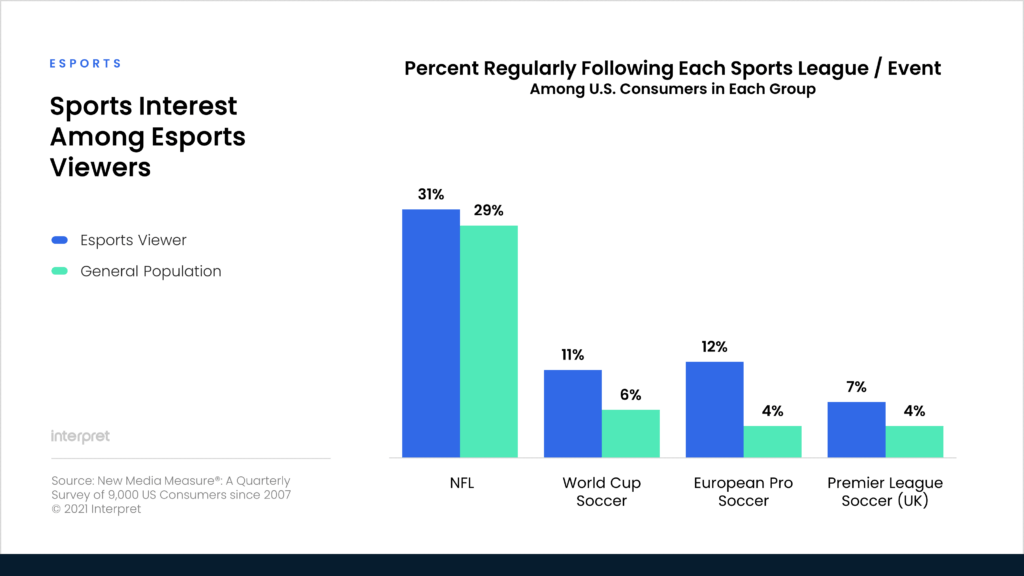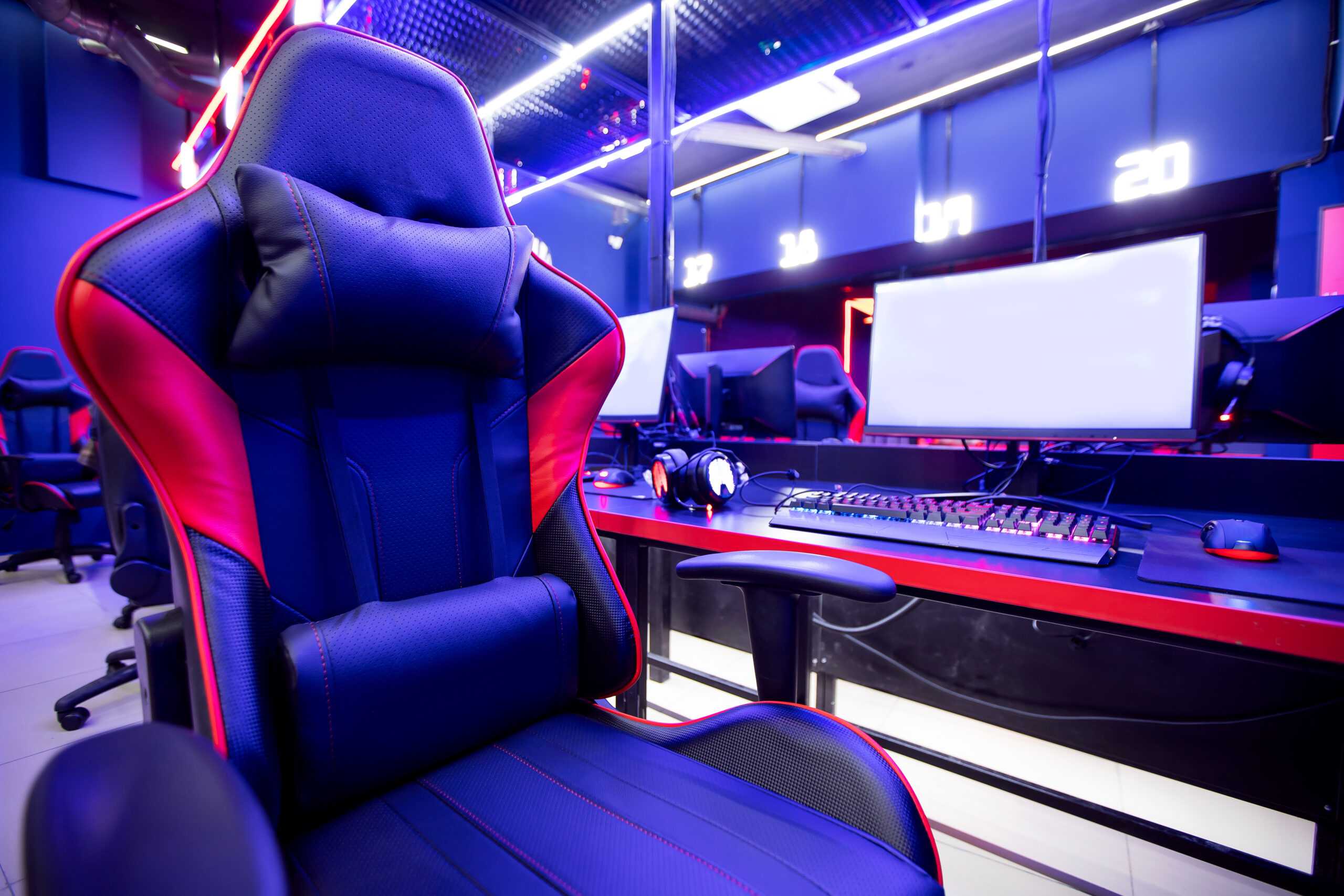When the pandemic first sidelined many traditional sports, esports was thrust into the spotlight and many sports organizations began to recognize the value of connecting with fans digitally through gaming. While numerous high-profile athletes and sports clubs had an esports presence prior to COVID-19, there’s been a clear uptick in interest and relationships between these two worlds.
In Sweden, for example, Malmö FF, which competes in the UEFA Champions league, recently launched a FIFA esports academy for high school students. Courses are designed to increase their skills and offer quality vocational training while providing a future path towards esports dominance. The team’s investment in the future shows confidence in the direction that esports is taking within its home country.
Meanwhile, in Brazil, popular mobile esport Garena Free Fire has sponsored the Brazilian Football Confederation with activations to promote the game to the largest sports demographic in the country. By timing special events during Brazil’s international matches, the confederation can draw in a younger, multitasking generation.
In the US, Esports Entertainment Group (EEG) has added yet another NFL club to its growing esports portfolio, as it teamed up with the Indianapolis Colts in a multiyear deal. EEG has previously partnered with the LA Chargers, New England Patriots, Denver Broncos, and others in the past. EEG will use the likenesses of popular Colts players to market their esports platform to sports fans and the company will create custom esports tournament series for the NFL on its Esports Gaming League platform.
These esports-sports crossovers are mutually beneficial, as esports could use greater mainstream awareness while traditional sports have suffered from falling revenues and an ageing audience that’s less digitally connected. According to Interpret’s Esports Replay™, it makes a lot of sense for sports clubs and leagues to target esports fans, as esports viewers over-index on watching traditional sports like the NFL and World Cup Soccer compared to the general population. The difference in engagement is particularly notable in soccer, as esports viewers are far more interested in the sport than the rest of the population.







